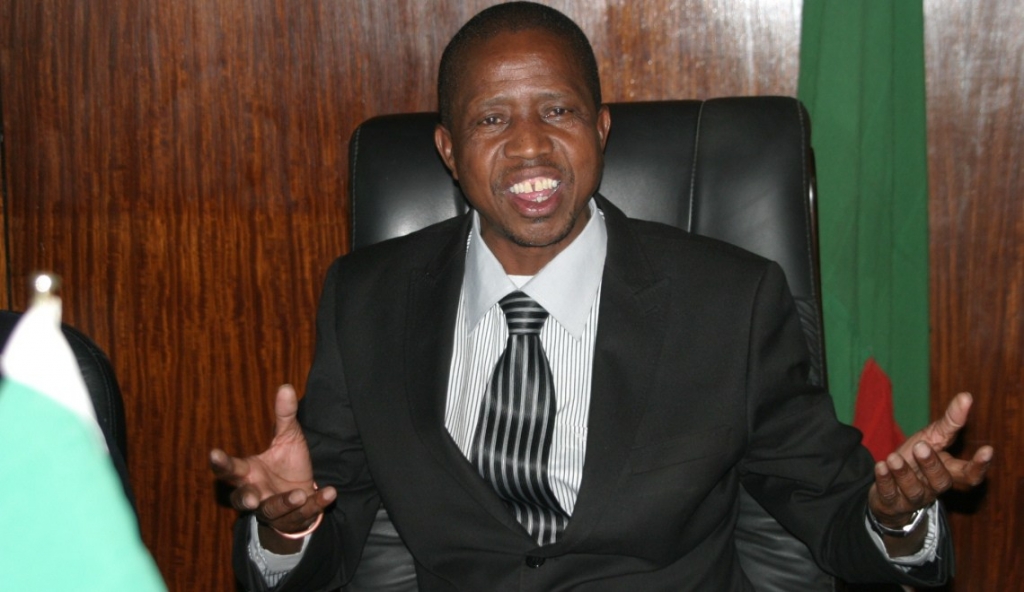-
Tips for becoming a good boxer - November 6, 2020
-
7 expert tips for making your hens night a memorable one - November 6, 2020
-
5 reasons to host your Christmas party on a cruise boat - November 6, 2020
-
What to do when you’re charged with a crime - November 6, 2020
-
Should you get one or multiple dogs? Here’s all you need to know - November 3, 2020
-
A Guide: How to Build Your Very Own Magic Mirror - February 14, 2019
-
Our Top Inspirational Baseball Stars - November 24, 2018
-
Five Tech Tools That Will Help You Turn Your Blog into a Business - November 24, 2018
-
How to Indulge on Vacation without Expanding Your Waist - November 9, 2018
-
5 Strategies for Businesses to Appeal to Today’s Increasingly Mobile-Crazed Customers - November 9, 2018
Zambia voting for president amid unprecedented violence
This forced the Law Association of Zambia, an association representing lawyers, to bring the matter to the Constitutional Court in June this year for determination after President Edgar Lungu’s government maintained that the ministers will not leave their offices as they will have to hand over to the new government after the August 11 general elections.
Advertisement
The Law Association of Zambia led by Linda Kasonde (in the picture) took the matter to court after ministers held on to their ministerial offices and the Constitutional Court has ruled in their favour.
“It is unconstitutional for cabinet, provincial ministers and their deputies to continue occupying office after the dissolution of parliament on May 11”, it said.
The country’s ruling Patriotic Front (PF) party said it will abide by the ruling.
“Today’s (court) decision. gives credence to a robust and independent judiciary that Zambia has where the courts can enter judgements against the state”, the PF said in a statement.
Just 18 months after President Edgar Lungu narrowly won a snap election, he and his main rival Hakainde Hichilema face off again in Thursday’s polls in a field of nine candidates.
Advertisement
Africa’s second biggest copper producer will hold presidential, parliamentary and local elections against the backdrop of slowing growth.





























